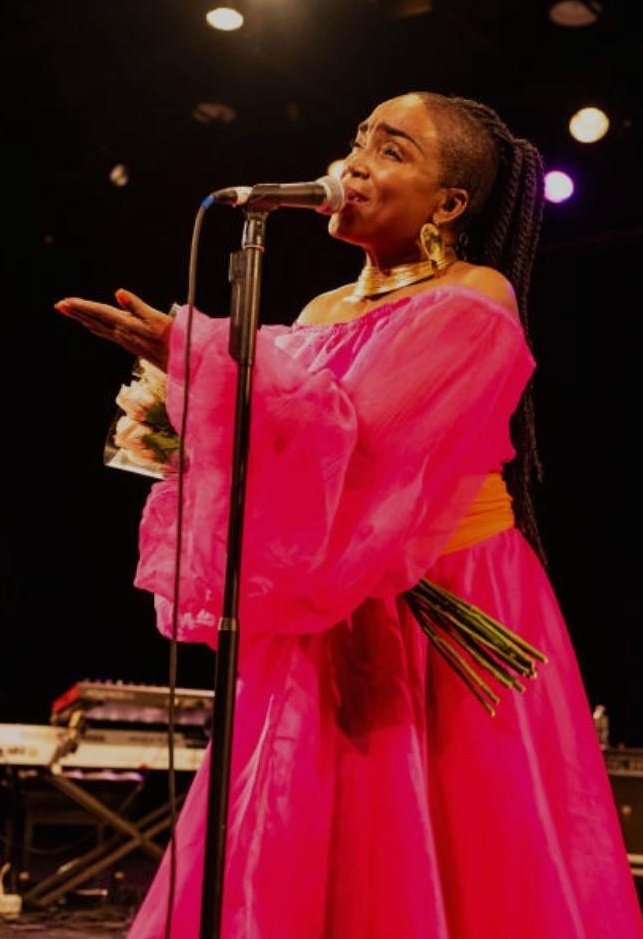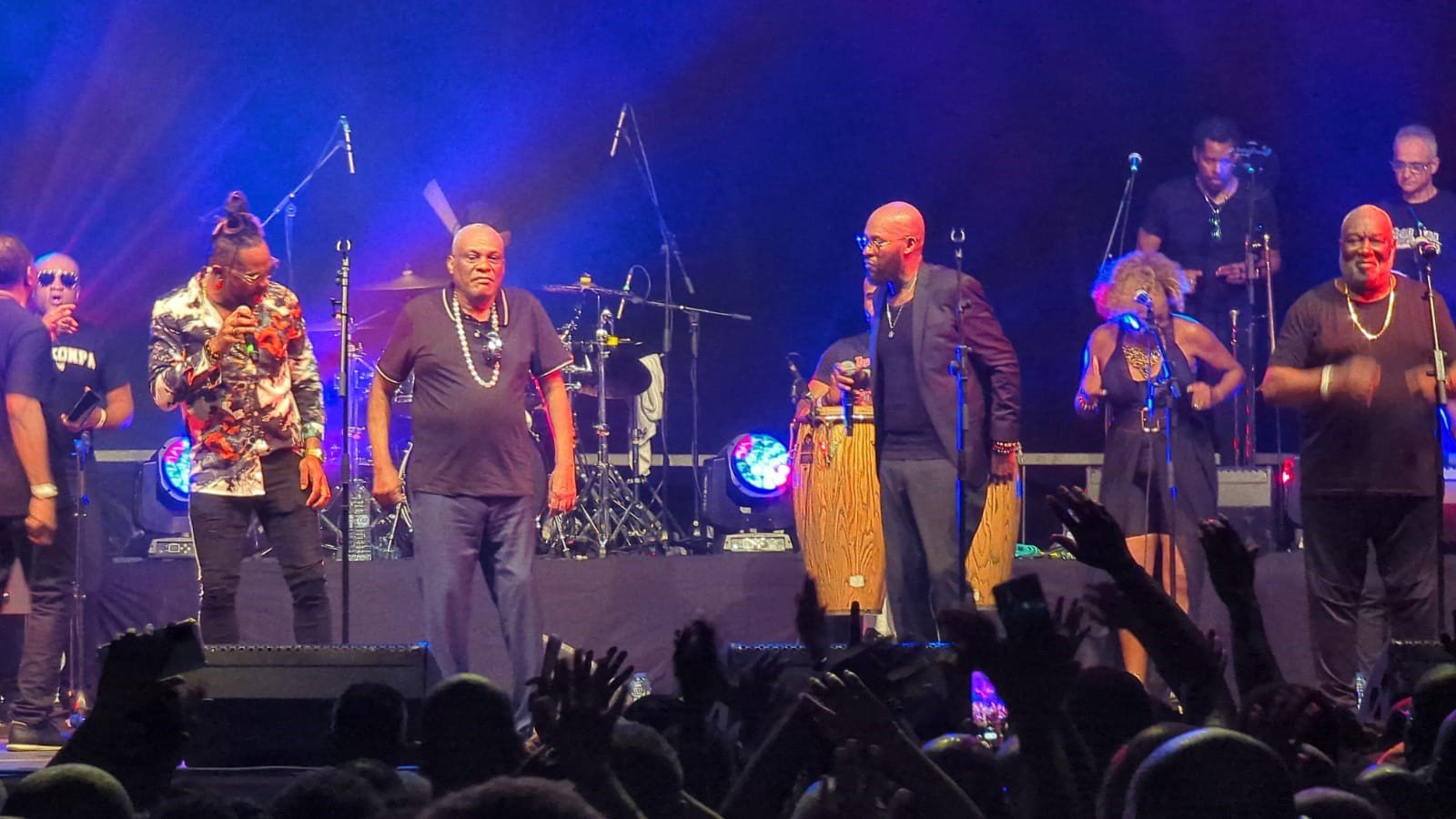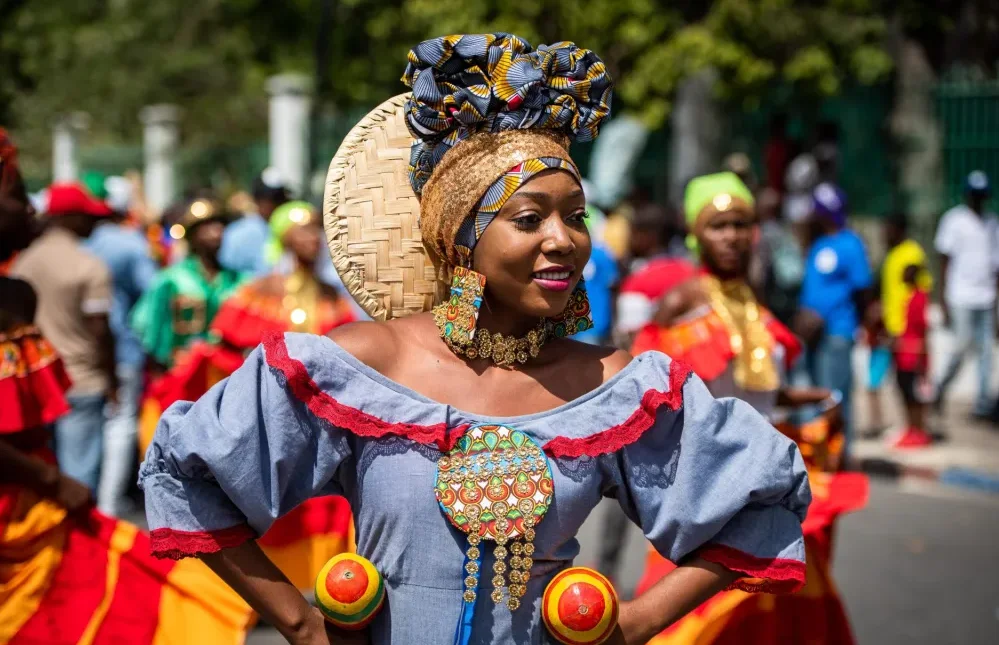
The compass a real instrument of social cohesion
The privileged place occupied by the compass allows it to be an omnipresent musical genre in Haitian society. It is found both in the most exclusive salons and in the neighborhoods most exposed to poverty. It manifests itself strongly in all religious cults (Protestants; Catholics; Vodouists); popular festivities, including political movements. It is also a means of celebration, protest, and above all, preservation of Haitian cultural identity in the face of the challenges of acculturation due to the strong exposure of young Haitians to dominant external cultures.





















































































Mwen ta renmen aprann plis sou kilti m avèk Wonderland.
November 01, 2024 - 06:40:10 AMMèsi anpil pou gwo travay sa a.
Kenbe djanm.